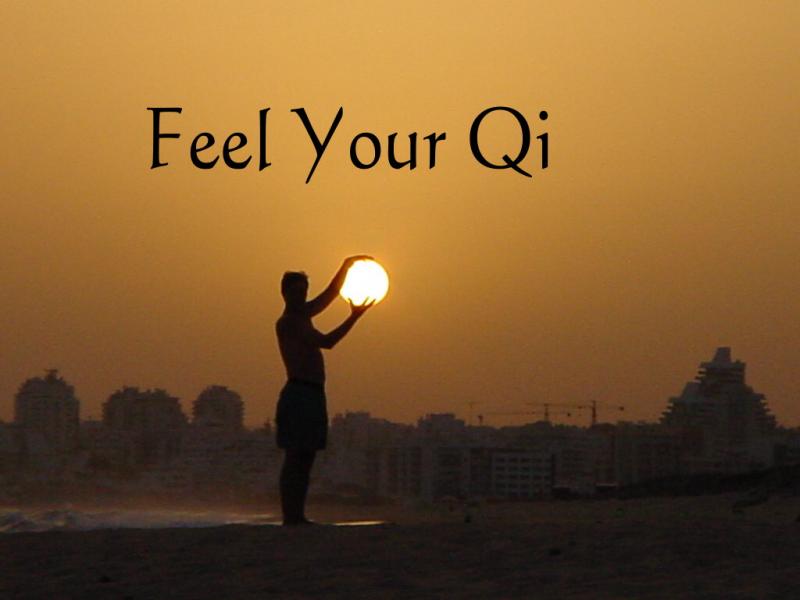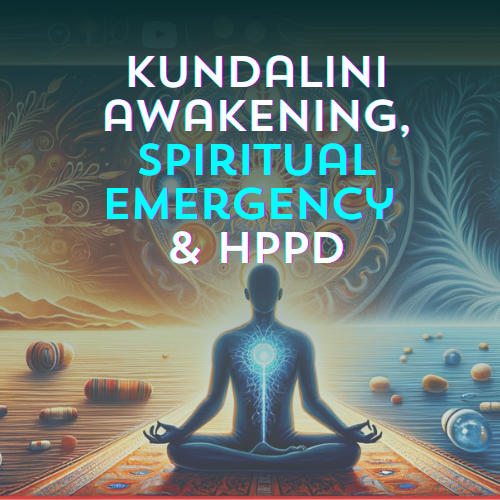While hormone replacement therapy (HRT) and other medical treatments are available, some women prefer to explore drug-free alternatives to manage their menopausal symptoms. Today, I want to share six natural ways to support your body and mind during this incredible journey.
These natural approaches can help alleviate various symptoms and improve overall well-being during this transition period. Here are some suggestions:
1. Lifestyle changes:
– Regular exercise: Engaging in physical activity can help improve mood, reduce stress, and maintain a healthy weight. It’s best to aim for at least 2 hours of moderate-intensity exercise per week, including aerobic activities like walking, swimming, or dancing, and strength training exercises.
– Nourish your body: A balanced diet full of fruits, vegetables, whole grains, lean proteins, and healthy fats can make a significant difference in how you feel during menopause.
– Stress reduction: Embrace relaxation techniques such as deep breathing, meditation, yoga, or tai chi to reduce stress and promote relaxation.
You can listen to several of my guided meditations for relieving stress, boosting mood, and improving optimism here on Insight Timer.
2. Sleep hygiene:
– Establish a regular sleep schedule by going to bed and waking up at the same time each day.
– Create a comfortable sleep environment by keeping your bedroom cool, dark, and quiet.
– Develop a relaxing bedtime routine, such as reading or taking a warm bath, to signal your body that it’s time for sleep.
– Limit exposure to electronic devices before bedtime, as the blue light emitted can disrupt the production of melatonin, a hormone that helps regulate sleep.
3. Herbal remedies and supplements:
– Black cohosh: A plant native to North America, black cohosh has been used to alleviate hot flashes and other menopausal symptoms.
– Soy isoflavones: These plant-based compounds, found in soy products, may help reduce hot flashes and night sweats.
– St. John’s wort: An herbal supplement that has been used to alleviate mild to moderate depression.
– Omega-3 fatty acids: Found in fish oil and flaxseed oil, omega-3 fatty acids may help improve mood and support overall health.
– Psychedelics: Microdosing psychedelics is the practice involves ingesting sub-hallucinogenic doses of substances like psilocybin (found in “magic mushrooms”), LSD, or DMT, and it has recently gained attention as a potential therapeutic method for various mental health conditions. (Read my blog post about it here.)
Always consult with a healthcare professional before taking any supplements, as they may interact with medications or have potential side effects.
4. Acupuncture:
– This traditional Chinese medicine practice involves inserting thin needles into specific points on the body to promote balance and alleviate symptoms. Some studies suggest that acupuncture may help reduce hot flashes and improve sleep quality during menopause.
5. Cognitive-behavioral therapy (CBT):
– CBT is a type of talk therapy that can help individuals develop new coping strategies and challenge negative thought patterns. It has been shown to be effective in managing mood changes, sleep disturbances, and other menopausal symptoms.
6. Social support:
– Joining a support group or connecting with other women experiencing menopause can provide emotional support, practical advice, and a sense of community.
As you navigate this journey, remember that every woman’s experience is unique. Be patient and gentle with yourself, and always consult a healthcare professional before implementing any new treatment or lifestyle change. Embrace your menopausal transition with grace, and celebrate the wisdom and growth that comes with this beautiful stage of life.
To your vitality,
Dr. 1Drea Pennington Wasio
References:
1. Harlow, S. D., Gass, M., Hall, J. E., Lobo, R., Maki, P., Rebar, R. W., … & de Villiers, T. J. (2012). Executive summary of the Stages of Reproductive Aging Workshop + 10: addressing the unfinished agenda of staging reproductive aging. The Journal of Clinical Endocrinology & Metabolism, 97(4), 1159-1168. https://doi.org/10.1210/jc.2011-3362
2. Avis, N. E., Crawford, S. L., Greendale, G., Bromberger, J. T., Everson-Rose, S. A., Gold, E. B., … & Hess, R. (2015). Duration of menopausal vasomotor symptoms over the menopause transition. JAMA Internal Medicine, 175(4), 531-539. https://doi.org/10.1001/jamainternmed.2014.8063
3. North American Menopause Society. (2014). Nonhormonal management of menopause-associated vasomotor symptoms: 2015 position statement of The North American Menopause Society. Menopause, 22(11), 1155-1172. https://doi.org/10.1097/GME.0000000000000546
4. Dodin, S., Blanchet, C., Marc, I., Ernst, E., Wu, T., Vaillancourt, C., … & Légaré, F. (2013). Acupuncture for menopausal hot flushes. Cochrane Database of Systematic Reviews, (7). https://doi.org/10.1002/14651858.CD007410.pub2
5. Ayers, B., Smith, M., Hellier, J., Mann, E., & Hunter, M. S. (2012). Effectiveness of group and self-help cognitive behavior therapy in reducing problematic menopausal hot flushes and night sweats (MENOS 2): a randomized controlled trial. Menopause, 19(7), 749-759. https://doi.org/10.1097/gme.0b013e3182410159
6. Cohen, L. S., Joffe, H., Guthrie, K. A., Ensrud, K. E., Freeman, M., Carpenter, J. S., … & LaCroix, A. Z. (2020). Efficacy of omega-3 for vasomotor symptoms treatment: a randomized controlled trial. Menopause, 27(4), 365-376. https://doi.org/10.1097/GME.0000000000001467
Note, this article originally appeared in the In8Vitality Magazine May 2023.

 You can listen to several of my guided meditations for relieving stress, boosting mood, and improving optimism here on
You can listen to several of my guided meditations for relieving stress, boosting mood, and improving optimism here on 









